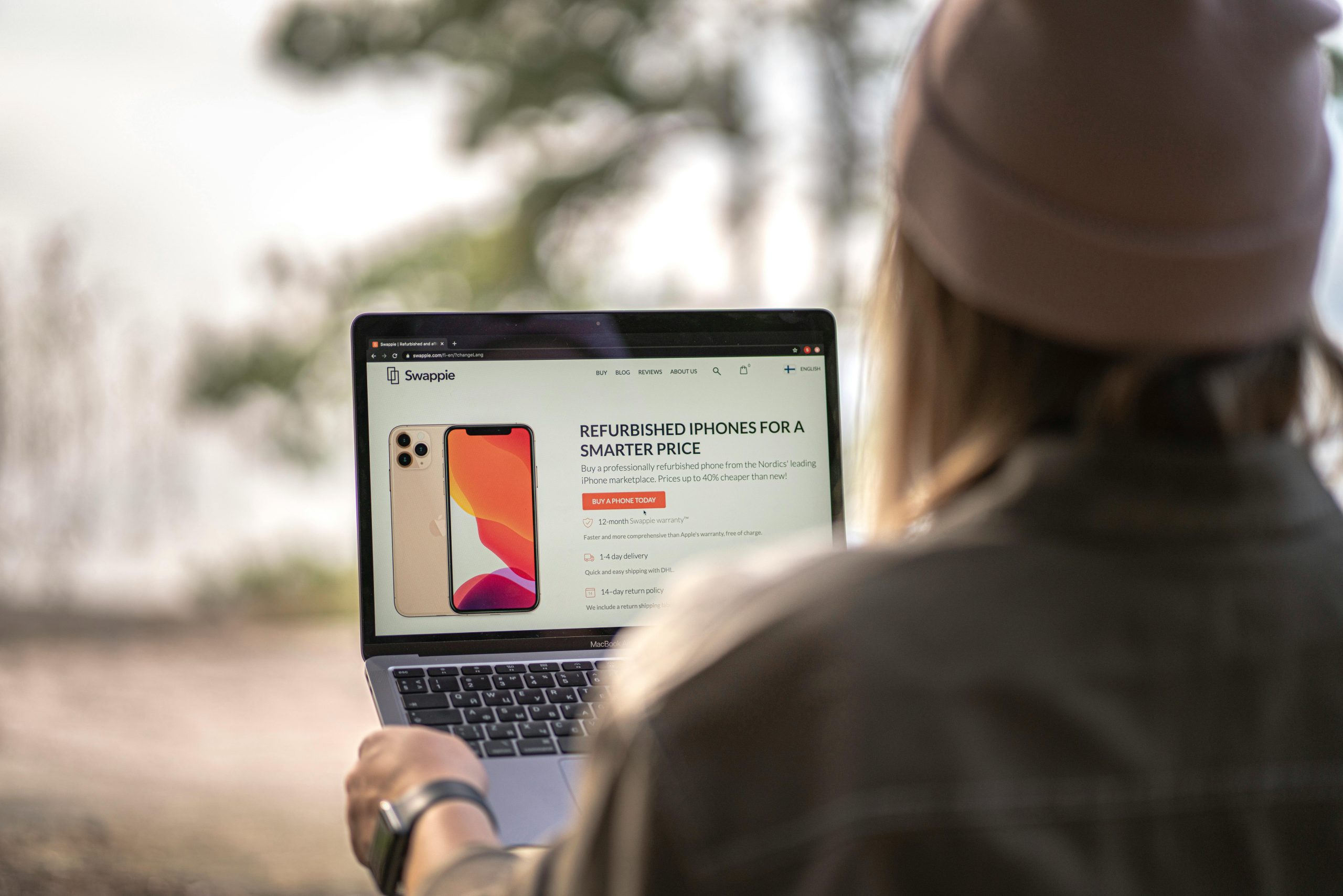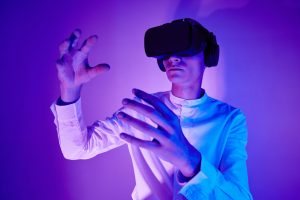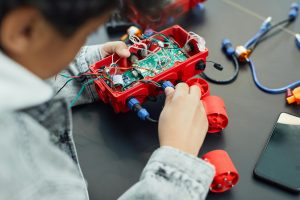The quiet revolution of biometric sensors in consumer electronics
We live in a world where technology is constantly evolving and advancing, pushing the boundaries of what we thought was possible. With the rise of wearable devices and the increasing demand for convenience and efficiency, there has been a silent revolution happening in the world of consumer electronics. The integration of biometric sensors in these devices has transformed them from simple gadgets to powerful tools that can track our health and improve our daily lives. Today, we’ll take a closer look at this quiet revolution and explore how biometric sensors are changing the landscape of consumer electronics.
The Rise of Biometric Sensors
Biometric sensors have been around for a while, initially used in high-security facilities to identify individuals based on their unique physical or behavioral characteristics. However, with the development of wearable technology, these sensors have made their way into mainstream consumer electronics like smartwatches, fitness trackers, and even smartphones.
What Are Biometric Sensors?
Biometric sensors are devices that can measure and analyze various physical or behavioral characteristics of a person, such as heart rate, temperature, blood oxygen level, and even sweat response. These sensors are designed to pick up data from the body and convert it into digital signals that can be understood by devices or systems.
The most commonly used biometric sensors in consumer electronics are optical sensors, which use light to measure various parameters, and electrocardiogram (ECG) sensors, which measure the electrical activity of the heart. Both these sensors are non-invasive, meaning they do not require any physical contact with the body.
The Role of Biometric Sensors in Consumer Electronics
Health and Fitness Tracking
One of the most significant benefits of incorporating biometric sensors into consumer electronics is the ability to track our health and fitness. Devices like fitness trackers and smartwatches use sensors to monitor our heart rate, sleep patterns, and activity levels, providing us with valuable insights into our overall well-being.
With real-time data at our fingertips, we can make better-informed decisions regarding our health, from improving our fitness routines to identifying potential health issues before they become serious problems.
Personalization and Convenience
Biometric sensors also play a crucial role in personalizing our devices and making them more convenient to use. For example, smartphones with fingerprint sensors allow us to unlock our devices instantly, making it easier and faster to access our information. Voice recognition technology, which is also a form of biometric sensor, enables us to control our devices hands-free, making them more convenient and accessible.
Security and Authentication
In addition to convenience, biometric sensors also provide an extra layer of security and authentication. With fingerprint sensors, facial recognition, and iris scanning, our devices can identify us and ensure that our personal information is secure. This technology is especially useful in the case of lost or stolen devices, as it prevents unauthorized access to our data.
The Future of Biometric Sensors in Consumer Electronics
As technology continues to advance, the potential for biometric sensors in consumer electronics is endless. One of the most exciting prospects is the integration of these sensors into clothing, making wearable technology even more seamless and unobtrusive. Biometric sensors could also play a significant role in healthcare, allowing for remote monitoring and improving patient care.
However, with this exciting future comes concerns about privacy and security. As biometric data is highly personal and unique, it is essential to have strict regulations and safeguards in place to protect it from misuse or hacking.
In Conclusion
The quiet revolution of biometric sensors in consumer electronics is reshaping the way we interact with technology and the world around us. These sensors have not only improved our daily lives but also opened up a world of possibilities for the future. With proper regulation and development, we can look forward to an even more connected and personalized world, thanks to the capabilities of biometric sensors.










